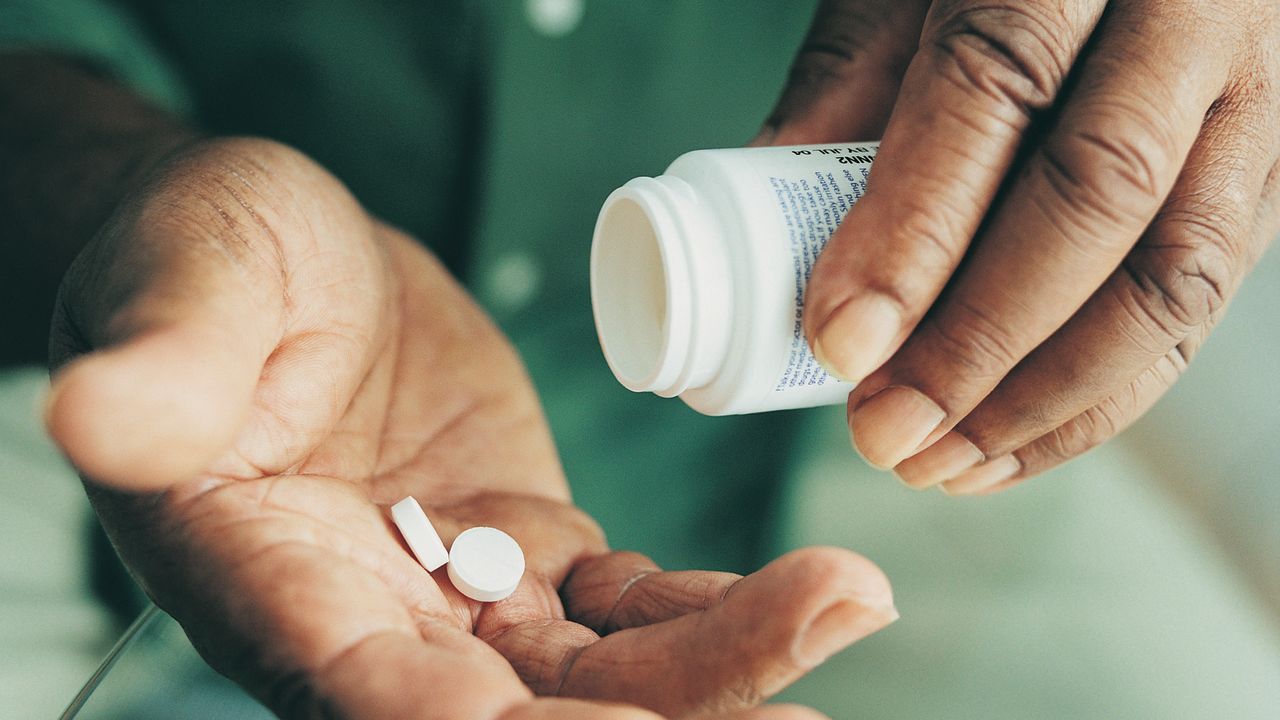
How Effective Is Your Medication?
When a person takes a drug, it’s critical that he or she first consider the potential for interactions with other substances in the body. Drugs can react to other medications, health supplements and even food or alcohol. There are a few instances when such reactions are the goal because they increase the effectiveness of the drugs, but more often, mixing medicines can lead to unwanted and dangerous side effects.
Drug interactions can occur in numerous ways — from combining drugs outside the body to the manner in which the body processes the drug. Such interactions also can vary from person to person because of changes in the absorption, distribution, metabolism and excretion of the drug within the body. Because of this, drug reactions largely are unpredictable, even with known interactions.
Particularly dangerous reactions can occur when a person takes two or more drugs that have similar properties because the effects are magnified. Also dangerous is a situation in which the person ingests drugs with opposite properties that cancel the medicinal benefit of both drugs. Another common adverse interaction can occur when one drug alters the concentration of a substance that is normally present in the body.
There are some common factors that increase the risk of drug interactions. These include genetics, age, diet, exercise, underlying diseases, current medications and the period of time that elapses between the administration of the two drugs.
But even allowing for these factors does not guarantee that a drug will be risk-free. Some interactions can take weeks to develop, and some can dissipate after a few weeks, with seemingly no explanation. And when medication is not taken on a regular basis, or if it’s only taken as needed, drug interactions are much more difficult to predict. A common issue with drugs is that they deplete nutrients we need, even contributing to the worsening of the original reason for which the drug was taken. An example is metformin, used to lower blood sugar. It also lowers blood vitamins which adversely affect insulin resistance. This can cause a worsening of the original issue that was being treated.
